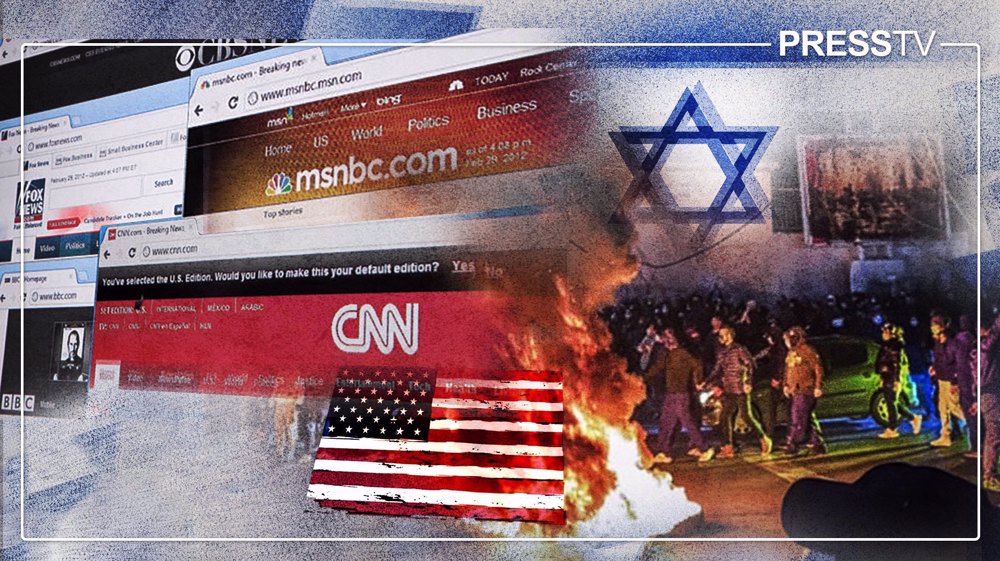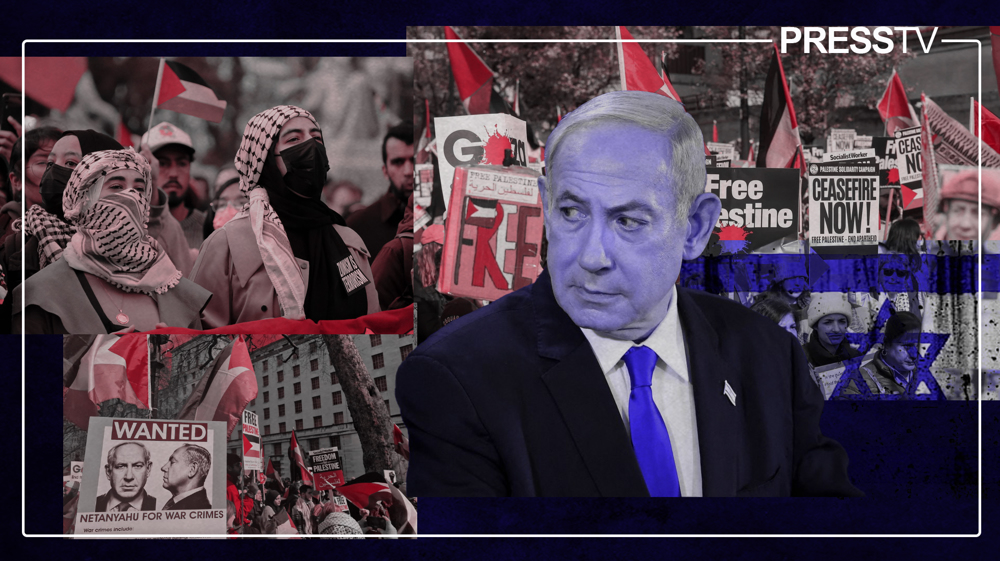Iran’s indispensable role in Middle East
By Javad Mansoori & Roozbeh Aliabadi*
Iran recently commemorated the 36th anniversary of the Islamic Revolution. Long before it was labeled as part of the “axis of evil,” it was considered a leading enemy of the United States mainly due to Washington’s misunderstanding of the nature of the Iranian society and its leadership after the Islamic Revolution of 1979.
Perhaps this gap reflects the intensity and long duration of the political, ideological but mostly strategic contention between Iran and the United States, as well as the inability of Washington to come to terms with the Iranian revolution. Until fully addressed, this aspect alone makes enduring, honest and constructive engagement with the United States certainly implausible.
Today, the idea that Iran is a force for stability in the turbulent Middle East is widely accepted wisdom. Some in the West think a nuclear deal could be part of an arrangement to limit or contain Iran but fail to recognize that Iran’s role as a responsible regional leader is beyond the outcome of these negotiations.
Since the beginning of the Islamic Revolution, Iran has emerged as a modern and advanced nation. While the West has attempted to isolate Iran through sanctions, it has failed to notice how much the country has accomplished. Iranians today - and as they have exhibited throughout history - continue to seek national liberation from any kind of foreign oppression, and respecting Iran’s dignity is a must for them. This is vital to understanding Iranian foreign policy and certainly helps explain why the nuclear right enjoys widespread popular support despite the pain that the sanctions have imposed.
As the nuclear negotiations approach an important political deadline, some oppose any diplomacy and are seeking to end the process altogether. Washington must realize that foreign policy should be guided by a realistic assessment of national interest, rather than obsession over ideology. It is necessary for the United States to recognize today’s reality despite being pressured by critics in Washington and elsewhere - the reality that Iran is truly an island of stability in one of the most troubled areas of the world; therefore it is time for Washington to depart from its unyielding previous policies and open the doors to Iran.
Today, Iran’s unique position in the region and its great influence on the regional equation has made the enhancement of cooperation with it a priority for other nations, including the United States. But it is vital for Washington to genuinely build trust, since the long history of mistrust, misunderstanding and miscalculations has marked the past decades and has widely weakened the importance of immense common interest between Tehran and Washington.
In recent months, the rise of the ISIL has created an overwhelming need to face the growing threat of extremism in the region. The ISIL has become a strategic threat to both the United States and Iran. This common enemy could lay the foundation for enhanced cooperation, as the vital interests of both nations converge.
Today, Iran and the United States are also leading regional and international forces fighting the ISIL. Iran’s potential role in Afghanistan is crucial. Cooperation previously occurred during the war on terror in 2001, when Iran cooperated to fight al-Qaeda and the Taliban. Indirectly, Iran and the United States have cooperated in Iraq and have common interests for the peace, security and stability of the country. The West, in particular the United States should be fully aware of the range of opportunities opened up by a developing rapprochement with Iran. It is one of the few bright spots in an otherwise dark and volatile picture in the region today.
The responsibility of the Middle East cannot fall on Iran’s shoulders alone. However, Iran will continue to build new and deeper partnerships in the region and beyond. This engagement is not an end in itself. Iran will be relentless in its commitment to its security, and its partners. As a country that is facing multiple threats – from other nations and non-state actors – it will maintain its military and defensive superiority, which has protected this nation from foreign aggression and has underpinned regional security. Iran’s Revolutionary Guards Corps and military will always be the backbone of its security but they will be certainly complemented. Iran’s security also depends upon the diplomats that are the children of the revolution, and its public servants who work tirelessly to protect and provide security for this nation.
Because of its insightful leadership, Iran has been clear-eyed about the challenges and threats it faces. This leadership also recognizes that Iran has never succeeded by stepping outside of international norms. Iran has always rejected the notion that lasting security and prosperity will be found by turning away from universal rights, as it stands in opposition to aggression and injustice and believes support for such rights is a source of its strength in the Middle East.
Iran’s national strategy begins by accepting its strength, and it begins with steps taken at home. Therefore it will further grow its economy despite the devastating sanctions. It remains a top priority for Iran to educate its youth and develop the alternative energy that can power new industries and free this nation from dependency on oil revenue while preserving the planet. It will pursue indigenous research and development that enables discoveries as it believes Iranian innovation paves the path for its future. Above all, Iran’s greatest asset has always been its people regardless of ethnicity and religion. Iran’s leadership recognizes that its regional success does not come from infusing fear in other people but through its capacity to speak to their hopes and aspirations. This capacity is rooted in the power of the decency and dignity of Iranian people, its soldiers, and diplomats as well as its private sector that exemplifies these emblematic national traits.
Iran has certainly become experienced by an eight year war, aggression from outside and devastating economic sanctions. In the face of these hardships, Iran remains steadfast in its resolve to forge a legacy that will be a foundation for prosperity, security and stability.
RA/JM/HJL
* Javad Mansoori was the first chief of the Islamic Revolution Guards Corps (IRGC), and is a former Iranian deputy foreign minister, and a former ambassador to Pakistan and the People’s Republic of China.
Roozbeh Aliabadi is the managing partner of Global Growth Advisors GGA, a strategic consulting firm and leading advisor on business and political strategies.
Pezeshkian calls recent riots in Iran part of ‘failed’ US-Israeli war
UK ‘preemptively’ discharges pro-Palestine hunger strikers recovering in hospital
US dollar falls in Iran amid rising export currency supply
Trump’s ‘Board of Peace’ for Gaza an extension of Israeli occupation: Ex-UN rights chief
IMF expects Iran’s economy to grow by 1.1% in 2026
Over 9,350 Palestinians held in Israeli prisons as of early January: Rights groups
VIDEO | Press TV's news headlines
Israel plans to seize Palestinian-owned land in occupied East al-Quds










 This makes it easy to access the Press TV website
This makes it easy to access the Press TV website